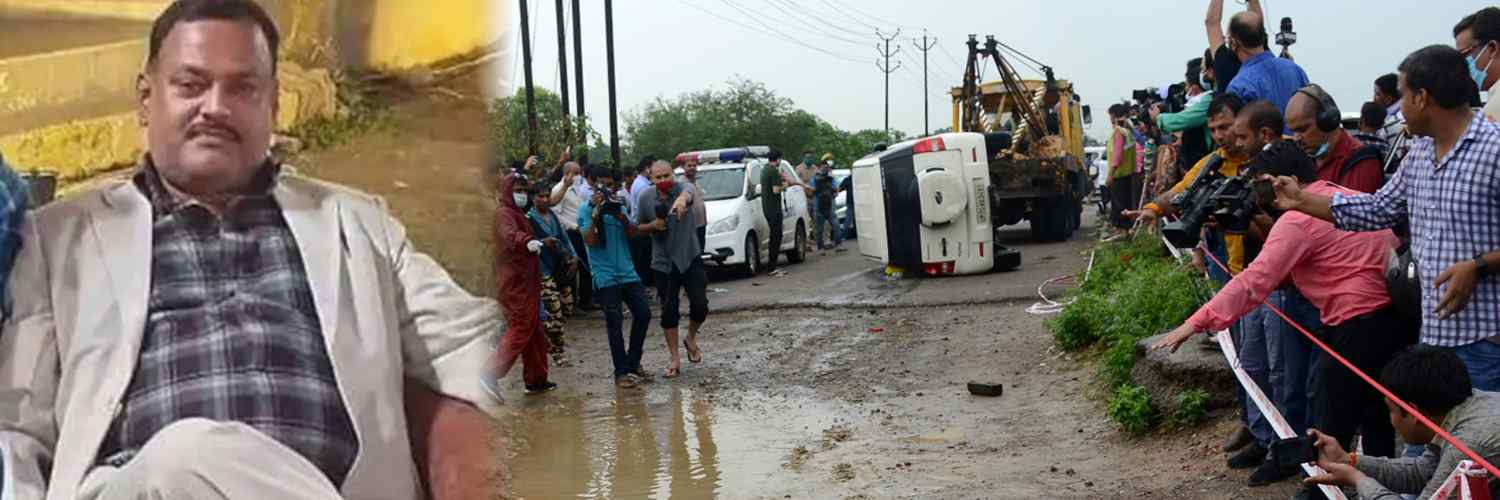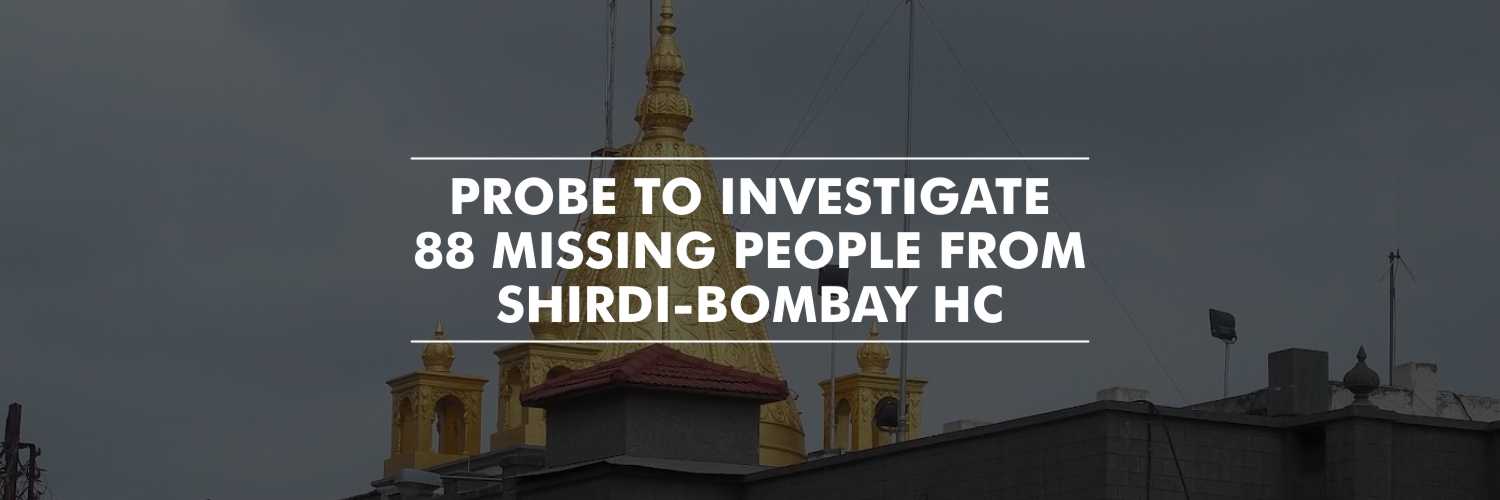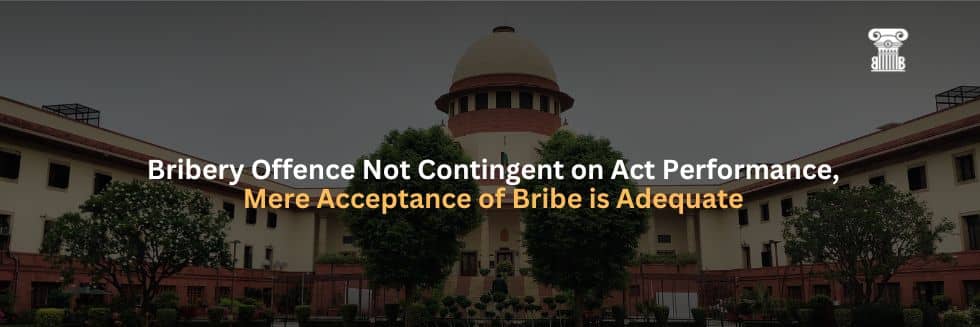In a significant judgment, Madras High Court noted that extramarital affairs can cause grave mental trauma and also mental health issues leading to serious consequences in a marriage, which in turn, would amount to mental cruelty under Section 498A of Indian Penal Code.
The observations were made by Justice D. Bharatha Chakravarty. Justice Chakravarthy upheld the conviction of a husband named Nakkeeran, alias Jeroan Pandi by a trial court in Tiruvannamalai district in November 2011. However, the bench reduced his sentence from two years to six months of rigorous imprisonment.
While delivering the verdict, the bench clarified that the court has to consider the facts and circumstances in every such case where it is being decided whether a person’s conduct amounted to cruelty or not.
The bench noted that evidence on record proves that the husband had an extramarital relationship which caused serious domestic discord and also mental cruelty to the wife which ultimately prompted the woman to leave her matrimonial house.
Relying on the dictum in K.V. Prakash Babu vs State of Karnataka, the High Court bench noted,
“This Court has to read the evidence of PW.1, PW.7 & PW.8 as a whole and a proper reading would convey the essence that cruelty, predominantly mental cruelty, was unleashed on PW.1 (Wife), on account of the extramarital affairs developed by the petitioner herein…But the perusal of the above dictum (K.V Prakash Babu’s case) would itself make it clear that the Court has to take into consideration the said abnormal behaviour with the facts and circumstances of the case and it has to be decided whether the conduct amounted to cruelty. Therefore, looking at the evidence of PW.1, PW.7 & PW.8, which is on record, it is clear that there was extramarital relationship. It has caused such an effect on the mental health of PW.1, which resulted in serious domestic discord and her leaving the matrimonial home. As a matter of fact, as per the evidence on record, PW.1 went out of the matrimonial home on 16.11.2005.”
Section 498 A of the Indian Penal Code defines ‘Cruelty’ as
(a) any wilful conduct which is of such a nature as is likely to drive the woman to commit suicide or to cause grave injury or danger to life, limb or health (whether mental or physical) of the woman; or
(b) harassment of the woman where such harassment is with a view to coercing her or any person related to her to meet any unlawful demand for any property or valuable security or is on account of failure by her or any person related to her to meet such demand.
The petitioner’s counsel contended that the Supreme Court in K.V. Prakash Babu vs State of Karnataka case had held that extramarital relationships in and of themselves do not amount to subjecting a wife to mental cruelty. To which the judge replied that the verdict must be read in its entirety.
The top court had noted that mental cruelty cannot be given a generalized meaning and can only be assessed on the grounds of facts and circumstances of the case.
“Extra marital relationship, per se, or as such would not come within the ambit of Section 498(A) of IPC. It would constitute a criminal offence. There is no denial of the fact that the cruelty need not be physical but a mental torture or abnormal behaviour that amounts to cruelty or harassment in a given case. It will depend upon the facts of the said case,” said the top court order.
The apex court had also noted that the concept of mental cruelty also depends on the individual perceptions, one’s sensitivity and endurance and also the social strata from which an individual comes.
Supreme Court had observed that husband being in an extramarital relationship and wife having some suspicion about that relationship won’t normally constitute mental cruelty to attract an offence of abetment of suicide under Section 306 of the IPC.
Drawing attention to the birth certificate of the child born out of that extramarital relationship, the Madras High Court noted, “During the course of the hearing of the learned Government Advocate appearing for the first respondent, also produced the Birth certificate, evidencing the birth of a child for the petitioner/accused and the said A6, which was born on 17.09.2006 itself. Therefore, the Court cannot close its eyes to the hard evidence and the facts of this case.”
The Court concluded the order by observing that there is no illegality committed by the trial court and lower appellate court in delivering the verdict and convicting the husband of mental cruelty. However, the court reduced his sentence.






